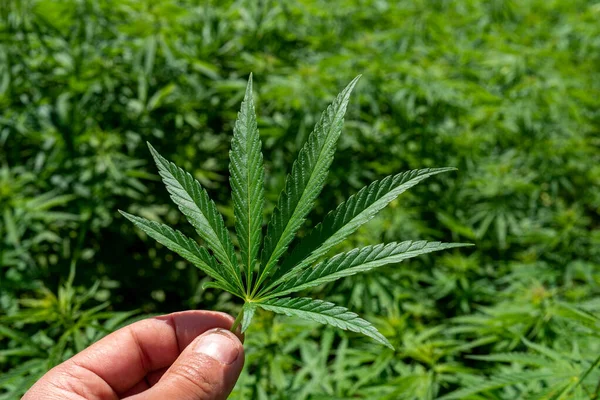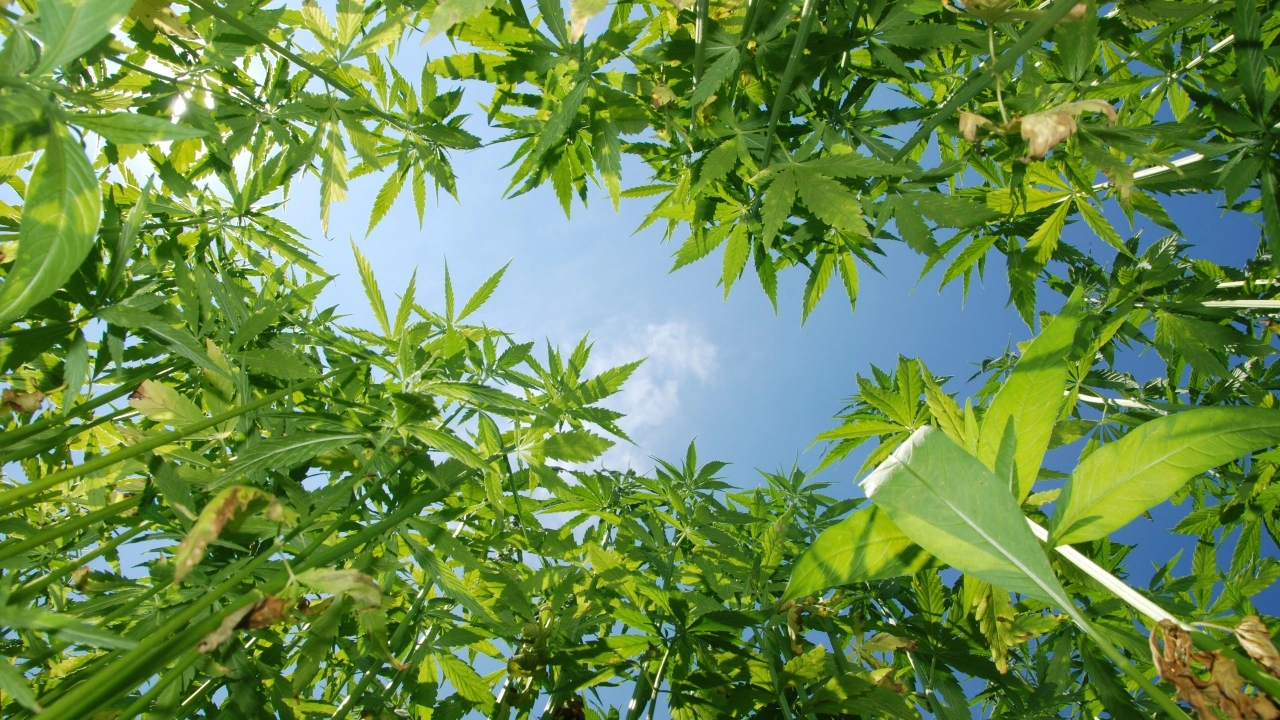In the quest for sustainable alternatives to traditional resource consumption, hemp emerges as a game-changer. This versatile plant offers a multitude of environmental and economic benefits, making it a powerful ally in our efforts to protect and preserve the planet. Here’s why incorporating hemp into various industries could revolutionize our approach to sustainability.
Hemp vs. Forests: A Comparative Look
One hectare of hemp can produce 25% more oxygen than a hectare of forest. This impressive statistic highlights hemp’s role in improving air quality and combating climate change. Additionally, hemp provides a cellulose supply that is approximately twice as high as that from forests. This makes it a more efficient source of raw material for various applications.

Rapid Growth and Sustainability
Hemp grows remarkably fast, with one acre reaching full maturity within just six months. In contrast, forests require decades to develop before they can be harvested. This rapid growth cycle not only makes hemp a more efficient crop but also means that it can be harvested and replenished more quickly, reducing the strain on natural resources.
By integrating hemp into our paper production processes, we could save millions of hectares of forests annually. Traditional paper production relies heavily on wood pulp, which leads to deforestation and habitat loss. Hemp paper, on the other hand, provides a sustainable alternative that conserves forests and preserves biodiversity.
Versatile Applications of Hemp
Hemp’s potential extends far beyond paper production. It is a versatile crop with applications in several industries:
- Textiles: Hemp fibers are strong, durable, and naturally resistant to mold and UV rays, making them an excellent choice for clothing and other textiles.
- Construction: Hemp can be used to create eco-friendly building materials like hempcrete, which is lightweight, insulating, and has a minimal environmental footprint.
- Biofuel: Hemp can be converted into biofuels, offering a renewable energy source that reduces our reliance on fossil fuels.

Embracing Hemp for a Sustainable Future
The benefits of hemp are clear, from its ability to produce more oxygen and cellulose to its rapid growth and diverse applications. By transitioning to hemp-based materials and products, we can significantly reduce our environmental impact and contribute to a more sustainable future.
Incorporating hemp into various industries offers a practical solution to many of the environmental challenges we face today. As we strive to protect our planet and preserve its natural resources, hemp stands out as a beacon of sustainability and innovation.
Embracing hemp is not just a trend; it’s a crucial step toward a more sustainable and eco-friendly world. By making informed choices and supporting hemp-based products, we can all play a part in fostering a healthier planet for future generations.




